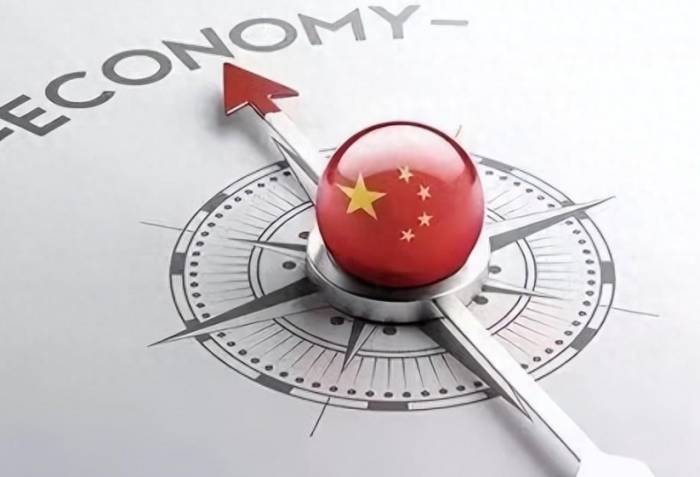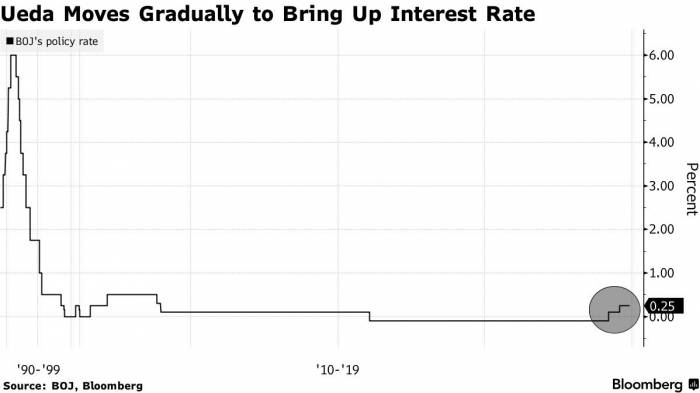In the dynamic realm of global finance, few names resonate as prominently as Warren Buffett, often referred to as the Oracle of Omaha. Recently, his investment conglomerate, Berkshire Hathaway, has made headlines as its Class A shares soared to staggering heights, reaching a price of more than $437,000 per share as of early May. This extraordinary valuation eventually led Nasdaq's trading systems to struggle with displaying the overwhelming numbers, highlighting the sheer scale of Buffett's influence and the robust performance of his investment strategies.
In a landscape long dominated by American prowess, Buffett's success seems almost customary. Yet, a palpable shift in global economic dynamics hints at a new chapter where China emerges as a dominant player. Within this context, many aspiring investors wonder what it takes to become the "Buffett of China." While some argue that success in the stock market hinges on luck, others emphasize the importance of strategy and understanding market trends. The truth may lie in a combination of the two.
As we navigate these changing tides, it’s crucial to recognize the momentum behind China's economic ascent. Over the past century, the United States has enjoyed a near monopoly on wealth creation and market leadership. However, as China sets its sights on the future, the narrative is shifting. The country's entrepreneurial spirit is palpable; opportunities abound, but not every individual can rise to Buffett's mythical status. While financial acumen is essential, luck and timing often influence who emerges as the next economic titan.
Consider the journey of Zhang Lei, founder of Hillhouse Capital, who is sometimes referred to as the "Chinese Buffett." His story is both inspiring and a testament to the unpredictable nature of success in finance. Zhang’s firm recently announced plans for new funding rounds, raising approximately $18 billion through three new funds. His tag wasn’t merely luck—his thoughtful approach to investing aligned with the swift evolution of China's market landscape.
Zhang's early struggles mirror the experiences of countless other prudent investors. After a rocky start in the United States, he returned to education, only to encounter a legendary mentor shortly before that mentor's passing. This fateful meeting equipped him with insights about natural market dynamics and the significance of investing in market leaders. Recognizing the potential for exponential growth in China's economy, Zhang successfully navigated the intricacies of investment, including placing significant stakes in leading firms across various industries.
Since its inception in 2005, Hillhouse Capital has morphed into one of Asia’s largest private equity firms, currently managing assets exceeding 500 billion RMB. Zhang’s initial venture, with a modest $20 million investment from Yale’s endowment fund, showcased his penchant for strategic decision-making. Rather than diversifying his investments across multiple entities, he took the plunge with substantial capital into a single promising opportunity: Tencent. Such audacity—often dismissed in traditional investment circles—proves that sometimes, singular focus in high-caliber assets can yield remarkable returns.
The current stock market phenomena echo trends observed in other sectors; many believe it mirrors the real estate boom of 2010 in China. As regulations tighten, opportunities may become scarcer, yet the leading companies continue to thrive. However, not every stock will enjoy this upward trajectory; the reality is that some companies naturally cannot rise within this atmosphere. This dichotomy defines the current market—where predestined winners are forever ascending.
Though some skeptics may express reservations about the future, it is undeniable that the groundwork for monumental growth has been laid. Awareness and acceptance of this evolving truth can be unsettling; yet, as historical anecdote reveals, many companies have sustained growth bolstered by sound strategy and capital backing. Rather than dwelling on past performances, it is essential to leverage this momentum into future gains.
The A-shares of the Chinese market reflect an awakening. With newly implemented registration systems, the market echoes patterns of maturation experienced by countries like America and India, where evolution led to sustained growth and evolving investor confidence. Market fluctuations may threaten stability at times, but shrewd investors recognize the cyclical nature of capital assets, often leading to growth even in adverse climates.
For many like Zhang Lei, the current fervor in the market is exhilarating. However, a keen understanding of the past serves as a guide in making pragmatic investment choices. His adeptness at identifying emerging takes within industries, in tandem with patience, reflects a blueprint for budding investors keen on emulating his success. One must remember that downturns are part of the journey, and wealth can ebb and flow. The most critical factor lies in quality assets—those positioned to lead their respective sectors.
In conclusion, the changing tides of the global market demand a recognition of emerging powers. While Buffett's legacy will undoubtedly inspire generations, the future lay intertwined with the narratives of new financiers and investors. As we anticipate China's ascent in the global economy, learning from pioneers such as Zhang Lei is imperative. The convergence of strategy, resilience, and a swipe of fortune creates opportunities that savvy investors would be wise to seize. Perhaps the next chapter in financial history is unfolding, and the next Buffett is already charting their course amidst this exciting landscape.
Remember, navigating the investment waters is fraught with risks. Always conduct thorough research and approach your financial decisions with due diligence.






























Comments